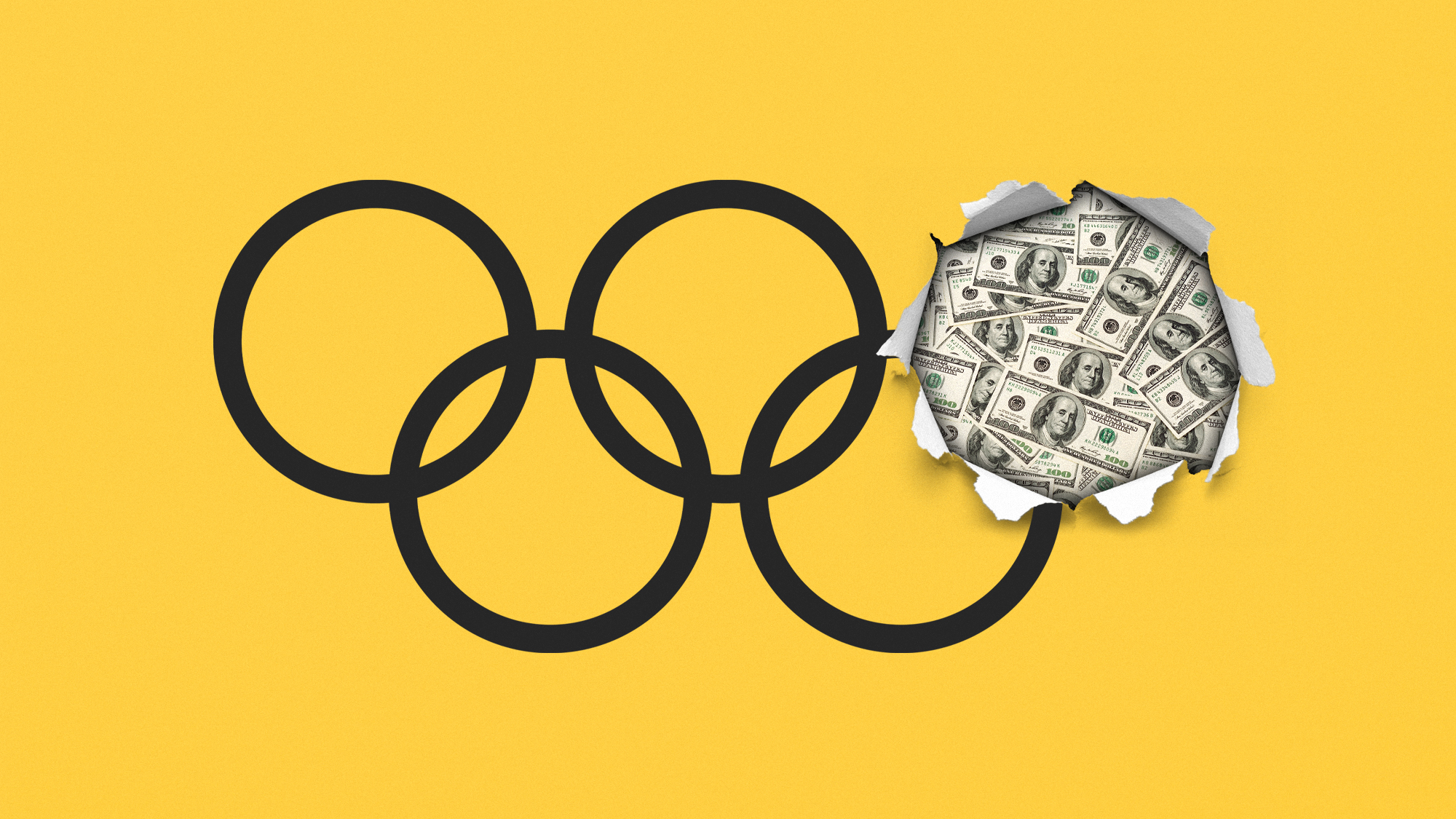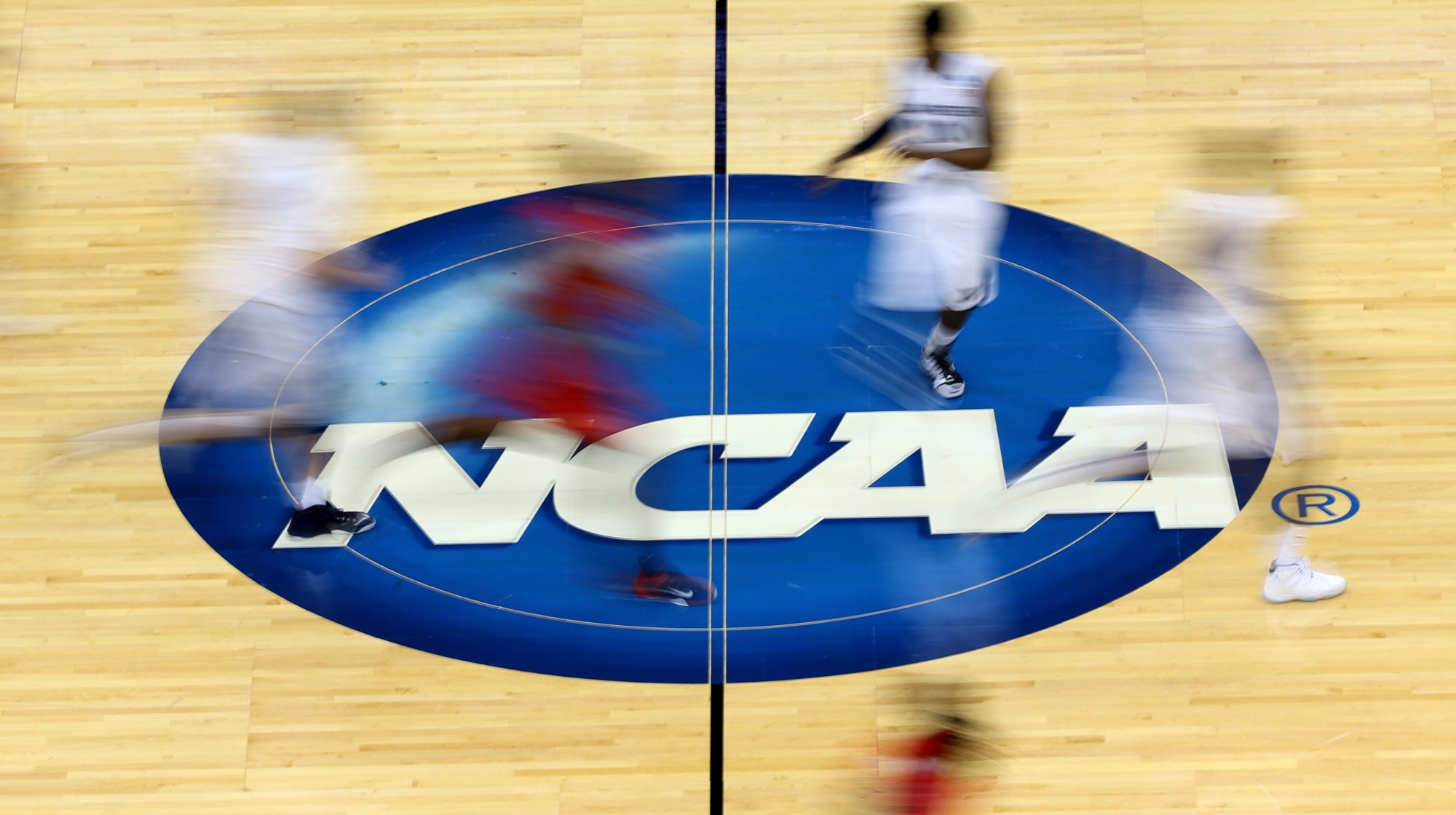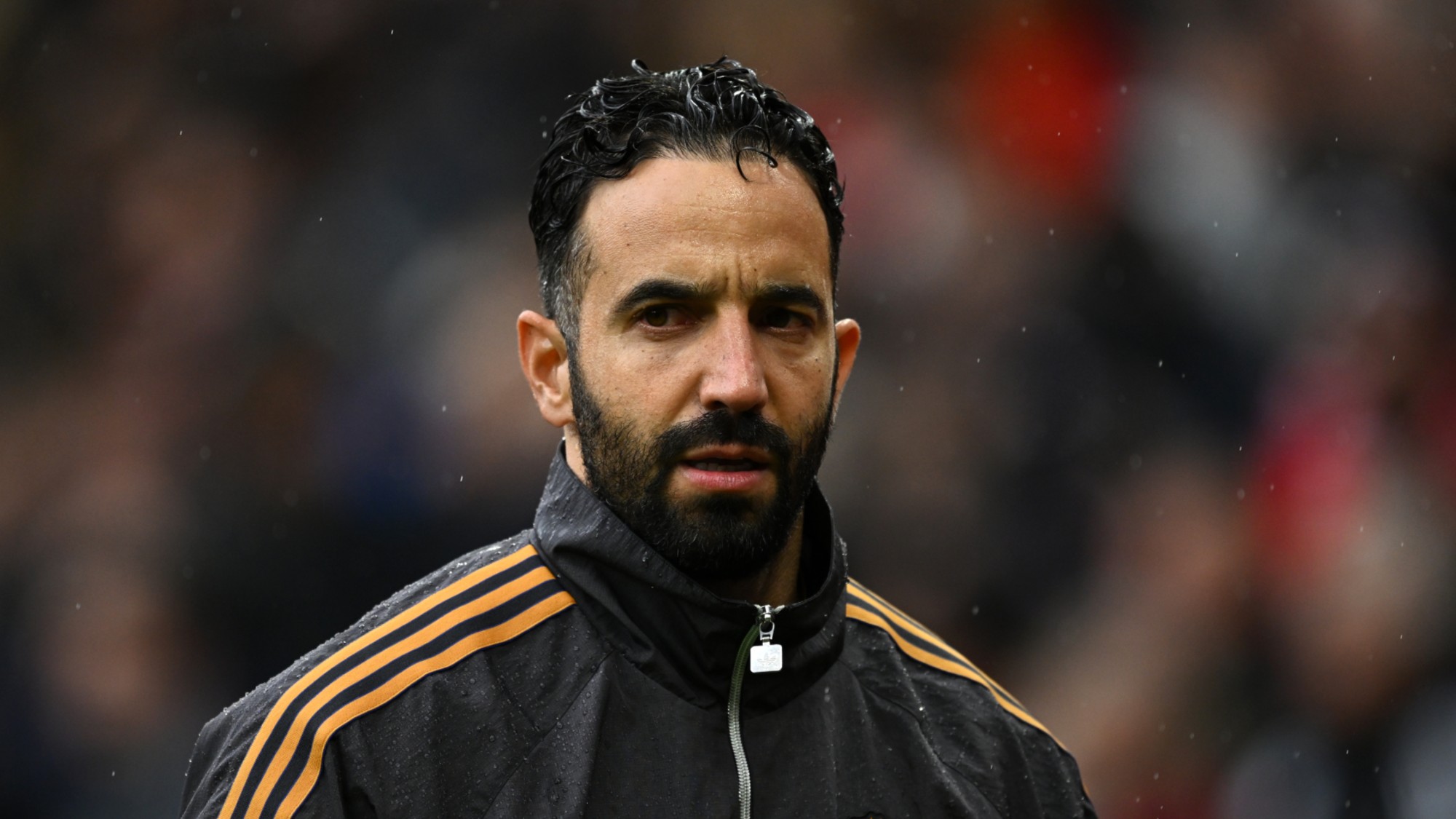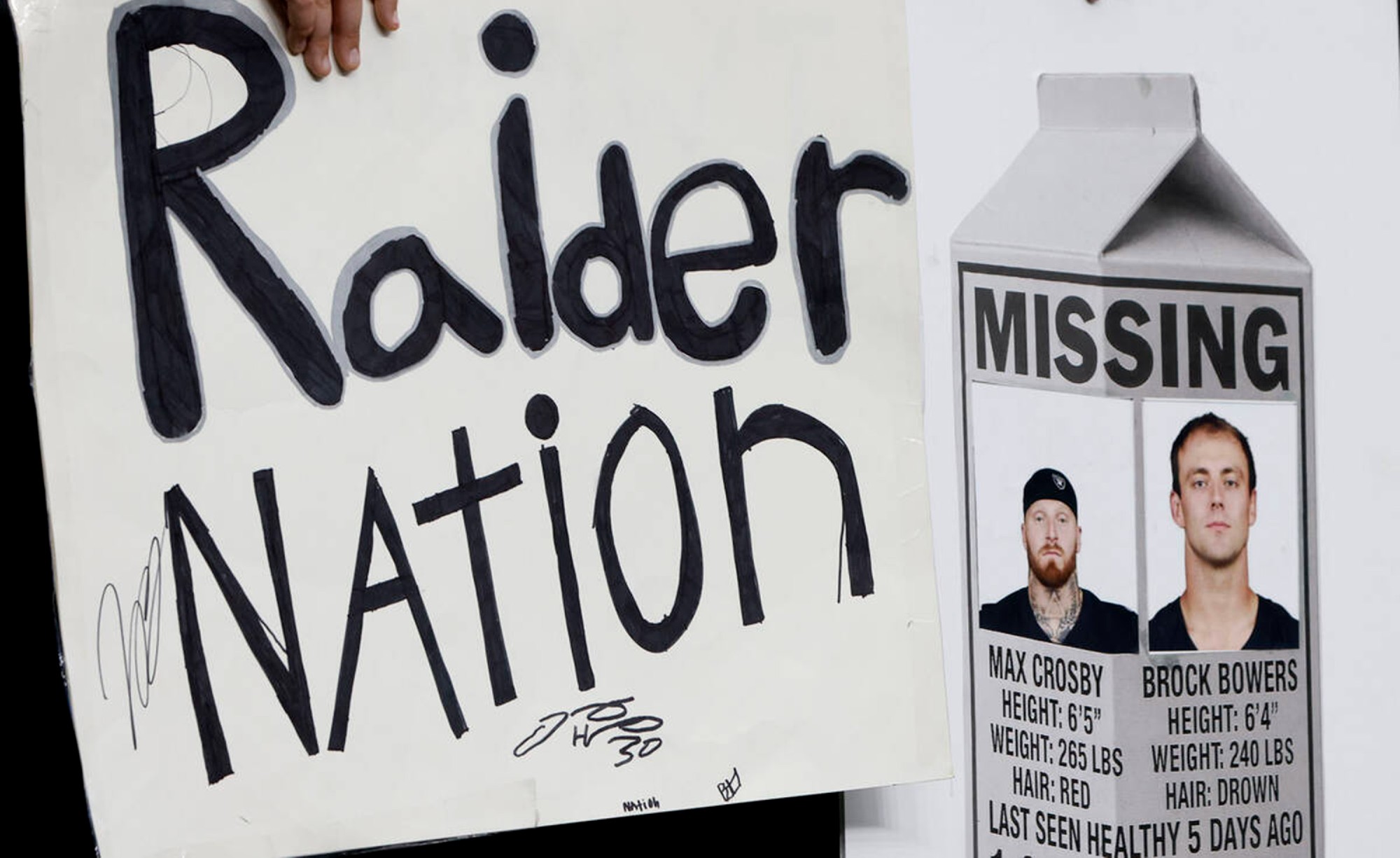The cost-benefit analysis of hosting the Olympics
Hosting an Olympic Games may not be as economically beneficial as you would think


A free daily email with the biggest news stories of the day – and the best features from TheWeek.com
You are now subscribed
Your newsletter sign-up was successful
The French capital is abuzz as Paris prepares to host the 2024 Summer Olympic Games. With the opening ceremony just three months away, France is preparing to welcome the world for its sixth-ever Olympics. But amid all the excitement over the games, larger questions remain about Paris' readiness for the millions of people that will descend on its streets.
Many polls show that Parisians feel the Olympics are coming at a bad time, and the city's "often hard-to-please residents appear in no mood for a party yet," said AFP. The games will be held as France is undergoing political turmoil, and Paris' cleanliness has been a concern — the city made headlines last year for a citywide infestation of bedbugs and pollution in the River Seine.
Despite all of this, Paris is moving full-steam ahead with its plans for the Olympics, which, like all of its editions, exacts a heavy financial toll. Paris has spent at least $9.7 billion on Olympic expenses, The Associated Press said, $3.25 billion of which is estimated to come from French taxpayers. Given this exorbitant amount (and prior reports indicating there may be relatively few economic upsides to the Olympic Games) the question remains: is there any benefit to a city hosting the Olympics? And for the cities chosen every four years, how do they weigh the enormous cost of the Olympics, especially when taxpayers shoulder large swaths of the financial burden?
The Week
Escape your echo chamber. Get the facts behind the news, plus analysis from multiple perspectives.

Sign up for The Week's Free Newsletters
From our morning news briefing to a weekly Good News Newsletter, get the best of The Week delivered directly to your inbox.
From our morning news briefing to a weekly Good News Newsletter, get the best of The Week delivered directly to your inbox.
How much does it cost to host the Olympics?
There is no singular price, as every city's situation is different, but the cost is generally in the tens of billions of dollars. In 2012, London spent $14.6 billion to host the Summer Olympics and Paralympics, said Investopedia. Athens, Greece, home of the first-ever modern Olympics, spent $15 billion in 2004, while Sydney spent $4.6 billion in 2000 and Rio de Janeiro spent $20 billion in 2016. Beijing reportedly spent $42 billion on the Olympics in 2008. But the record goes to Sochi, Russia, which spent a massive $50 billion in 2014.
And this is before any additional costs are counted. Once a city begins preparing for the Olympics, it will "commonly add roads, build or enhance airports and construct rail lines to accommodate the large influx of people," Investopedia said, which often makes costs skyrocket. In addition, housing for Olympic athletes and thousands of hotel rooms must also be made available. In all, an Olympic city's infrastructure costs alone "may range from $5 billion to $50 billion."
Do cities benefit economically?
Yes, but not as much as you might think. Paris, for example, will receive predicted economic benefits of $12.2 billion during its upcoming Olympics, according to the International Olympic Committee (IOC) — but the city has already spent $9.7 billion, even before a single event has taken place. For the upcoming Olympic Games — Los Angeles in 2028, Milano Cortina, Italy, in 2026 and Brisbane, Australia, in 2032 — the "economic benefits for the city, region and country are predicted to far outweigh the Games-related investments," the IOC said. However, data from prior Olympic Games show this may not be the case.
Government studies "often argue that hosting the event will provide a major economic lift by creating jobs, drawing tourists, and boosting overall economic output," but these "purported benefits are dubious," the Council on Foreign Relations (CFR) said. The CFR cited a study of the 2002 Olympics in Salt Lake City which found that the games had created "seven thousand additional jobs — about one-tenth the number promised by officials — and no long-term increase in employment." These jobs, many in construction, often go to people who are already employed. Another study cited by the CFR found that only 10% of the 48,0000 temporary jobs during the 2012 London games went to people who were previously unemployed.
A free daily email with the biggest news stories of the day – and the best features from TheWeek.com
And while some may view the Olympics as a tourist trap to bring in money, data shows that tourism in Olympic cities often declines. This occurs because "security, crowding, and higher prices that the Olympics bring dissuade many visitors," the CFR said. While Barcelona, Sydney and Vancouver all saw slight tourism increases, London, Beijing and Salt Lake City "all saw decreases in tourism the years of their Olympics."
In general, the revenue brought in from the games does not equate to the money put out by the host city. London generated $5.2 billion in revenue against its $14.6 billion spent, said Investopedia. In 2010, Vancouver spent $7.6 billion on the Olympics but brought in only $2.8 billion. In 2008, Beijing's $42 billion investment generated revenue of just $3.6 billion. In fact, every Olympics since 1960 has been over budget, and an analysis from the University of Oxford found the games overrun their costs by an average of 172%. Los Angeles in 1984 remains the "only host city that realized a profit from the games," Investopedia said, but this is largely "because the infrastructure required of them already existed."
What other challenges do Olympic cities face?
Much has been made of the fate that befalls large sporting arenas after the Olympics are over. Many of these arenas become "white elephants." These are "expensive facilities that, because of their size or specialized nature, have limited post-Olympics use," the CFR said. But just because an arena isn't being used, doesn't mean it isn't costing its city money. Beijing's famous Bird's Nest stadium "cost $460 million to build, requires $10 million a year to maintain, and has sat mostly unused since the 2008 games," while "almost all of the facilities built for the 2004 Athens Olympics, whose costs contributed to the Greek debt crisis, are now derelict." Montreal built a massive new stadium for its Olympics in 1976, and it is now described by Canadian publication The Walrus as a "money pit." While the stadium is still used for occasional events, it costs millions of dollars a year to maintain and has not had a permanent tenant since 2004.
Beyond the infrastructure, the people who live in the cities can often have their daily lives affected by the games. During Tokyo's 2020 Olympics, around 300 households "were relocated to make way for the Games, including some who, in a hideous twist of fate, had also been displaced for the 1964 Tokyo Olympics," The Washington Post said. One man, Kohei Jinno, was evicted in both instances so that new stadiums could be built.
This forced him to leave the "place I'd lived the longest in my life," Jinno, then 87, said to Reuters in 2021. Many of the relocated residents, like Jinno, were elderly, and there "wasn't any consideration" from the government. "If there'd only been one example of, 'You're being asked to move, could you please possibly cooperate?'" said Jinno, adding that it was "pretty much, 'We're having the Olympics, you need to get out.'"
This type of relocation is not new. In the last half-century, more than "two million people have lost their homes due to the gentrification and remodeling of cities for sport's largest mega event," the Post said. Transforming a city for the Olympics "requires major urban upheaval, including building facilities, expanding transport networks and upgrading infrastructure," which can often leave the people living in these communities as the odd ones out.
For cities across the world, the Olympics "present a once-in-a-generation opportunity to increase their prestige and international exposure," said the Post — but this appears to not come without a social and economic cost.
Justin Klawans has worked as a staff writer at The Week since 2022. He began his career covering local news before joining Newsweek as a breaking news reporter, where he wrote about politics, national and global affairs, business, crime, sports, film, television and other news. Justin has also freelanced for outlets including Collider and United Press International.
-
 The Week contest: AI bellyaching
The Week contest: AI bellyachingPuzzles and Quizzes
-
 Political cartoons for February 18
Political cartoons for February 18Cartoons Wednesday’s political cartoons include the DOW, human replacement, and more
-
 The best music tours to book in 2026
The best music tours to book in 2026The Week Recommends Must-see live shows to catch this year from Lily Allen to Florence + The Machine
-
 The 9 best steroid-free players who should be in the Baseball Hall of Fame
The 9 best steroid-free players who should be in the Baseball Hall of Famein depth These athletes’ exploits were both real and spectacular
-
 Seahawks trounce Patriots in Super Bowl LX
Seahawks trounce Patriots in Super Bowl LXSpeed Read The Seattle Seahawks won their second Super Bowl against the New England Patriots
-
 History-making moments of Super Bowl halftime shows past
History-making moments of Super Bowl halftime shows pastin depth From Prince to Gloria Estefan, the shows have been filled with memorable events
-
 Indiana beats Miami for college football title
Indiana beats Miami for college football titleSpeed Read The victory completed Indiana’s unbeaten season
-
 Dozens charged in NCAA game-rigging case
Dozens charged in NCAA game-rigging caseSpeed Read The schemes allegedly involved fixers who paid $10,000 to $30,000 for each rigged game
-
 The US Olympic figure skating team might be the ‘greatest’ ever
The US Olympic figure skating team might be the ‘greatest’ everIn the Spotlight The team will take to the ice in February
-
 Amorim follows Maresca out of Premier League after ‘awful’ season
Amorim follows Maresca out of Premier League after ‘awful’ seasonIn the Spotlight Manchester United head coach sacked after dismal results and outburst against leadership, echoing comments by Chelsea boss when he quit last week
-
 Is tanking ruining sports?
Is tanking ruining sports?Today's Big Question The NBA and the NFL want teams to compete to win. What happens if they decide not to?
